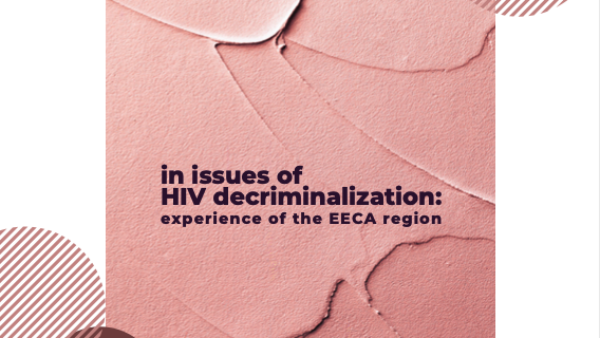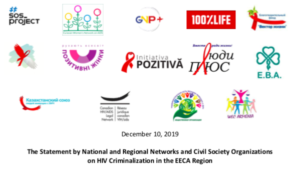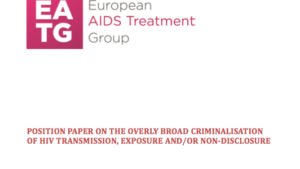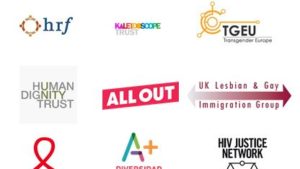Overview
Azerbaijan enacted an HIV-specific law criminalising both HIV exposure and transmission in 1999. The law is unclear regarding which specific acts come under its remit, and whether disclosure leading to informed consent could be a defence. Sentences range from two years’ to eight years’ imprisonment depending on the circumstances.
The first known prosecution took place in 2001 and there have been at least four others since then. The most recently reported, in 2008, involved an 18-year-old female sex worker. UNICEF publicly expressed concern about the young woman being treated as a perpetrator, rather than as a person who had been sexually exploited.
Laws
Criminal Code
Article 140. Infection with HIV of a person
1. Wittingly subjecting of a person in danger of HIV infection “is punished by corrective works of up to two years, or deprivation of freedom for term up to two years, or imprisonment of till one year.
2. Infection of another person with HIV committed by a person who knew to be infected “is punished by imprisonment of two to five years.
3. The action provided by article 140.2 of the present Code, resulting in infection with HIV of two or more persons or the minors “is punished by imprisonment of five to eight years.
4. Infection of another person with HIV resulting from improper performance of the professional duties “is punished by imprisonment for up to three years with deprivation of the right to hold the certain offices or to engage in certain activities for up to three years.
Acknowledgements
Our thanks to the Eurasian Women's Network on AIDS for their research assistance in confirming the current relevant legislation.
HIV Justice Network's Positive Destinations
Visit the Azerbaijan page on Positive Destinations for information on regulations that restrict entry, stay, and residency based on HIV-positive status, as well as access to HIV treatment for non-nationals.




